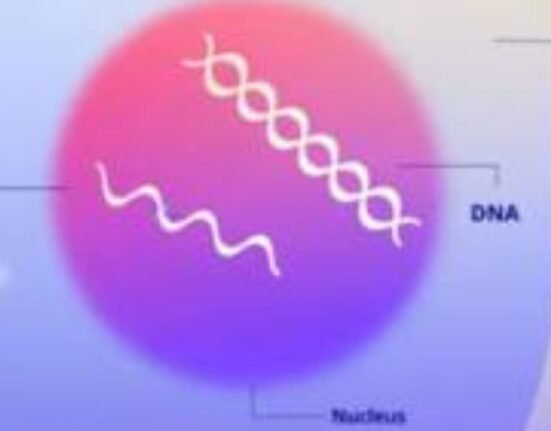HQ Team
October 17, 2022: The global response to combat the Covid-19 crisis lacked cooperation and coordination, WHO director-general Tedros Adhanom Ghebreyesus said.
“We can only face shared threats with a shared response based on a shared commitment to solidarity and equity,” he told delegates at the World Health Summit in Berlin.
The World Health Summit, held annually in Berlin, is an international forum for global health. It brings together stakeholders from across the spectrum to set a schedule.
In addition to the Berlin summit, annual regional and regular expert meetings are held worldwide.
M8 alliance
The M8 Alliance, the academic backbone of the summit, organizes these meetings.
A global accord, now being negotiated in Berlin, “will underpin the global approach to epidemics and pandemics for decades and maybe even centuries to come. That’s why we call it a generational agreement,” Tedros said.
“The claim by some that this accord is an infringement of national sovereignty is entirely simply wrong.
“It will not give WHO any powers to do anything without the express permission of sovereign nation-states,” Tedros, the first African to be the director general of WHO, said.
Taking global health to a new level requires a new global architecture that is “coherent and inclusive, the 57-year-old Ethiopian health researcher said.”
Political vulnerabilities
“Just as the pandemic exposed political vulnerabilities, it also exposed technical and operational vulnerabilities in the world’s collective ability to prevent, detect, and respond to outbreaks and epidemics.”
Until October 9, the number of confirmed Coid-19 cases stood at 618 million, and 6.5 million deaths were reported.
A new global approach that prioritizes promoting health and preventing disease, rather than only treating the sick, has to be in place, according to the WHO.
‘Sick care’
“By and large, the world’s health systems do not deliver health care. They deliver sick care. Many countries spend huge sums treating diseases that could be prevented for a fraction of the cost,” Terdos said.
The WHO called on global nations to make a “paradigm” shift to promote health and prevent disease, “recognizing that health starts not in hospitals and clinics, but in homes, streets, schools, workplaces.”
It also requires changes in how governments approach health and fund it. Health can no longer be just the business of the health ministry or the health sector, but of the whole of government and society,” Terdos said.
“Health is not a cost; it’s an investment. It’s not simply an outcome of development but the means. It’s not a luxury, but a fundamental human right.”








